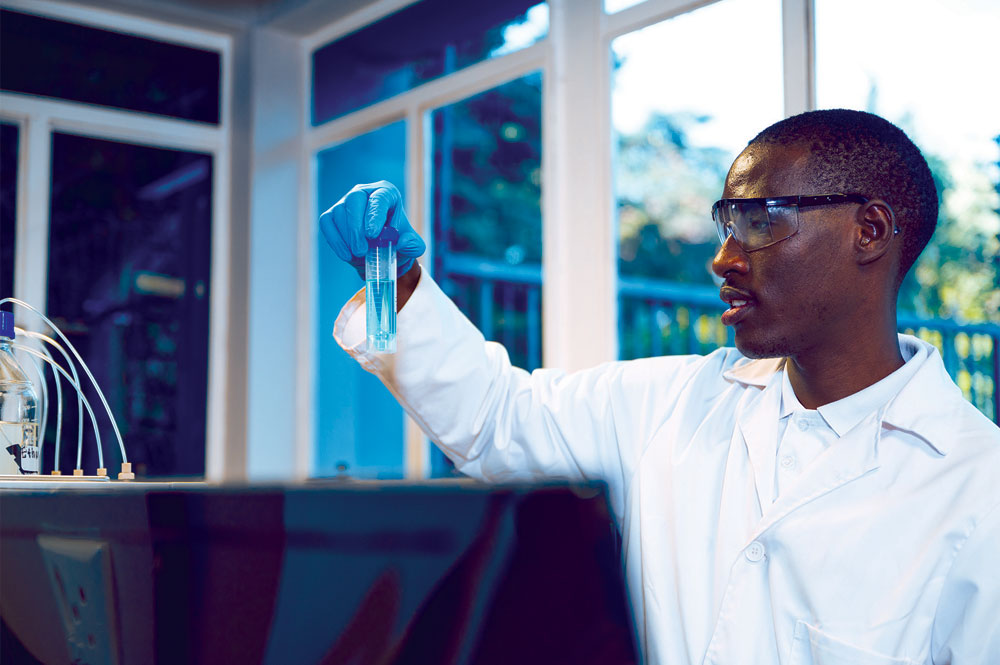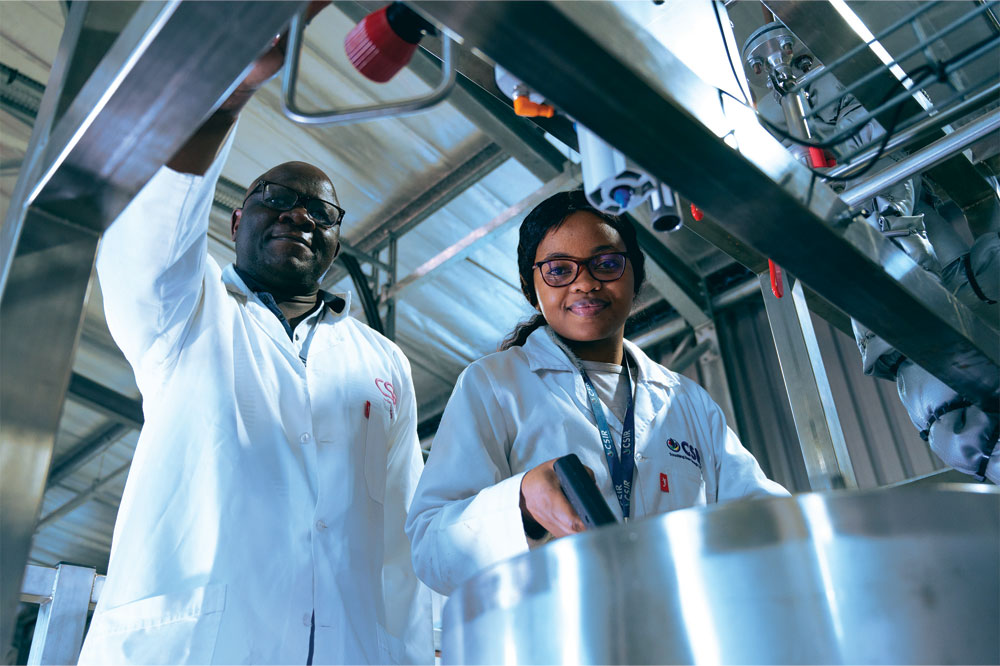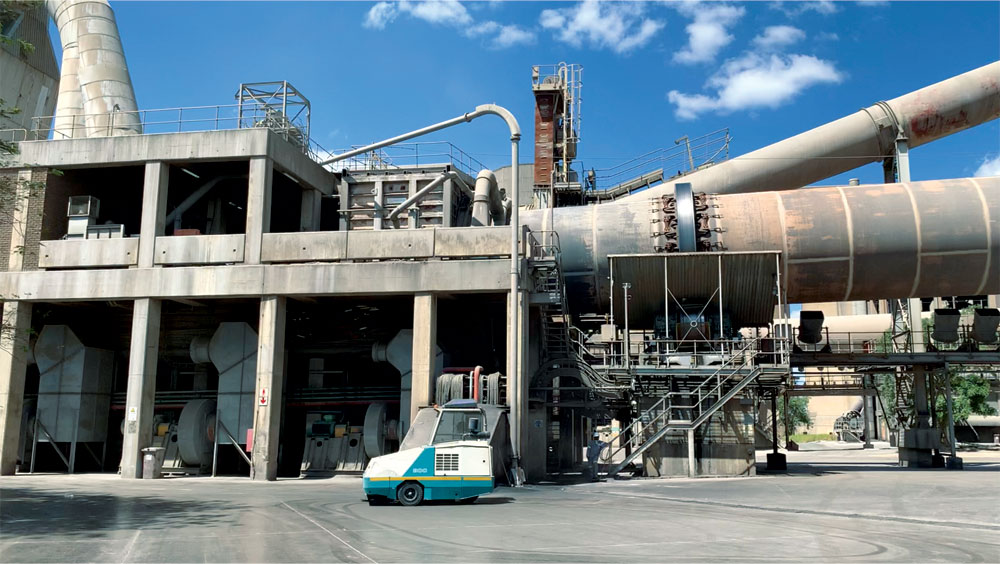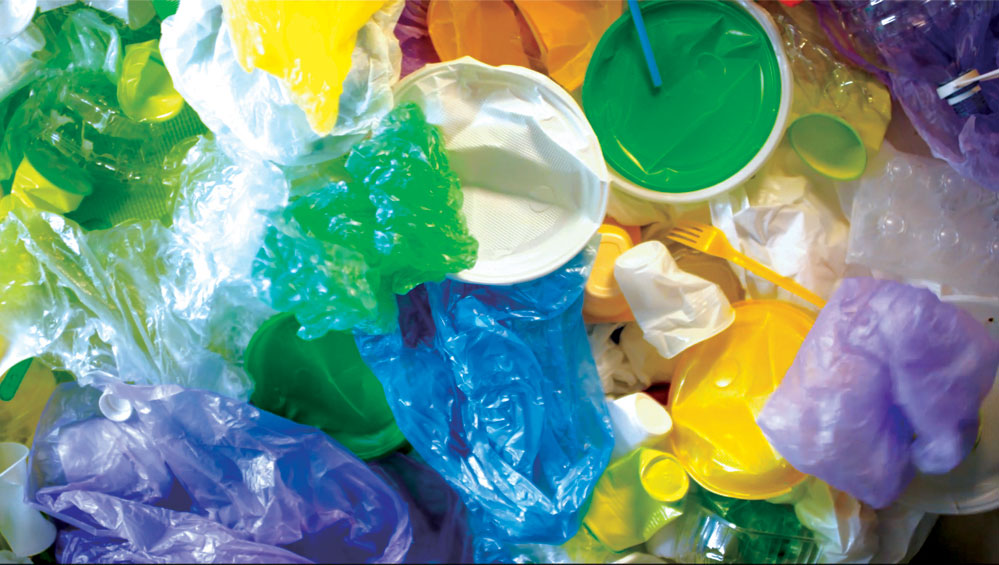Zero Waste: A Key Tool Against Climate Change
As the immense threat of climate change looms, urgent and widescale action is needed to mitigate its devastating environmental impacts. Implementing zero waste principles by reducing consumption, reusing products and recycling materials is a potent strategy in combating major climate issues.
According to the U.S. Environmental Protection Agency (EPA), a staggering 42% of all greenhouse gas emissions originate from the production, transportation and disposal of goods like food, products, and packaging.
By reducing consumption habits and extending product lifespans through reuse, we can decrease the energy-intensive manufacturing demand for new goods. Recycling prevents materials from ending up in landfills or incinerators, instead feeding them back into industrial processes as inputs for making new products from recycled resources rather than extracting raw materials.
This zero-waste approach not only conserves energy and natural resources but also reduces emissions at multiple stages – from diminished industrial production to fewer emissions from transporting and burying waste and offsetting fossil fuel use by creating markets for recycled materials.
Apart from the positive impact on the environment, zero-waste practices offer profound societal and economic benefits. They promote social equity by improving community access to important resources and reducing environmental burdens on marginalised groups.
Zero-waste initiatives can also drive business growth and job creation, presenting new market opportunities and encouraging innovation. By urging industries and companies to consider waste minimisation in their business strategies, these practices encourage a culture of sustainability and creativity, enabling teams to develop innovative, climate-first solutions that benefit both the economy and the environment.


The Critical Role of Conversion Technologies in Zero Waste
Conversion technologies encompass a range of advanced processes designed to convert waste materials into valuable products like green fuels and renewable energy sources. These technologies employ environmentally beneficial methods to convert waste into something useful.
Conversion technologies offer substantial benefits to sectors that significantly impact the environment and are major contributors to carbon emissions. By adopting these technologies, industries can lessen their environmental footprint and reduce carbon output, contributing to a cleaner and more sustainable future.
For instance, utilising specialised nanotechnology can significantly benefit the mining industry by converting acid mine drainage (AMD) into resources valuable for agriculture and industry, supporting environmental restoration and economic activities. This process not only aids in environmental restoration but also supports economic activities in sectors reliant on these resources.
Similarly, in plastic waste management, conversion technologies can repurpose plastics into energy and biofuels, addressing the dual challenges of waste accumulation and energy sustainability.
South Africa is no stranger to innovation in this space. Supported by the Department of Science and Innovation (DSI), there are many cutting-edge initiatives taking place locally.

Closing the Loop on Industrial Biomass Waste with the CSIR’s Biorefinery Technology
The Council for Scientific and Industrial Research (CSIR)'s Biorefinery Industry Development Facility (BIDF) is championing technologies to maximise resource efficiency and extract maximum value from biomass and organic waste streams, with a strong focus on South Africa’s forestry, pulp and paper sectors. This state-of-the-art facility supports research, development and piloting efforts by companies spanning major industry players to small and medium enterprises.
Through the Department of Science and Innovation (DSI)-supported programs and by leveraging specialised infrastructure including analytical laboratories, a biomass processing pilot plant and an expert team of chemists, engineers and biologists, the Biorefinery Industry Development Facility (BIDF) has already enabled 22 enterprises to improve sustainability and create higher-value products from forestry waste and other organic biomass residues that would otherwise be discarded or underutilised.

UNISA Leads the Way in Converting Acid Mine Drainage (AMD) into Vital Water Resources
Acid mine drainage (AMD) from mining operations poses severe environmental and health risks, as the acidic, metal-laden water can contaminate soil and water sources when untreated into the environment. This toxic discharge threatens ecosystems, poisons the food chain and impacts communities relying on these resources.
The University of South Africa (UNISA) has developed an innovative NanoMagh™ technology harnessing maghemite nanoparticles to effectively remove sulphates along with heavy metals like manganese, copper, nickel, cobalt, and zinc from Acid mine drainage (AMD) at low pH levels. This cutting-edge approach combines adsorption to bind contaminants and precipitation to concentrate them for removal.
A major advantage of UNISA's technology is that it uses far fewer chemicals compared to conventional treatment methods relying on alkaline industrial inputs, making it much more cost-effective. Equally important, it recovers usable water after extracting the pollutants, providing a new source of irrigation water to boost agricultural productivity in South Africa's drought-prone regions.
This advanced technology offers the mining sector an improved and more economical approach to Acid mine drainage (AMD) management.

EPCM Global’s Blueprint for Reducing Emissions and Enhancing Soil Health
EPCM Global, a research-driven management consulting firm with specialised expertise in Multi-Pollutant Emissions Abatement Technology, is developing a pioneering system to capture flue gas from coal-fired power plants through its CoalCO2-X program, in partnership with the Department of Science and Innovation (DSI).
Flue gas is a harmful gaseous mixture of pollutants created during combustion that is known for its significant CO2 emissions when released untreated. EPCM's approach utilises green ammonia and green hydrogen to chemically convert components of flue gas into value-added products such as fertilisers, sulfuric acid, and other materials.
By productising these emissions that would otherwise cause air pollution and contribute to climate change, EPCM's flue gas conversion technology reduces the negative environmental impact associated with coal power generation. Simultaneously, it can help generate essential agricultural commodities such as fertilisers, which are vital for bolstering food production across South Africa. This exemplifies a circular model of extracting economic value from an industrial waste.
Industries powered by coal seeking to reduce their environmental footprint can engage with us and find out more about the program

Turning the Tables on Plastic Waste with UNISA's Energy-Generating Technology
The ubiquity of single-use plastics like packaging and bags has created an environmental crisis, as these non-biodegradable materials persist for centuries as unsightly, toxic pollution contaminating landscapes and waterways worldwide. The University of South Africa (UNISA) P2Power technology offers an innovative solution, providing a way to extract valuable gas from polyethylene-based plastic waste instead of treating it as disposable garbage.
The P2Power process gasifies plastic waste through an approach that avoids the costly air separation required in conventional gasification technologies that rely on pure oxygen. This technology eliminates the energy-intensive separation step, significantly reducing energy costs.
Additionally, the system is engineered to recover a portion of the latent heat contained in the water vapor produced during gasification, further boosting its overall energy efficiency. The end product is a versatile synthesis gas (syngas) that can be utilised as fuel or for producing ammonia and methanol.
By converting plastic pollution into energy, this innovation ideally serves the waste management profession, offering a pathway to convert plastic waste into useful materials.

How the DSI Supports Local Innovations and How You Can Get Involved
Recognising the pressing need to transition towards a more circular economy that minimises waste and environmental harm, we are prioritising funding, research support and the promotion of local innovations across areas like zero-waste manufacturing processes and conversion technologies that support a circular economy approach.
By reducing pollution, conserving resources, and deriving economic value from materials that would otherwise be discarded as environmental hazards, the Department of Science and Innovation (DSI) supports initiatives that offer immense potential for benefiting industry, agriculture, communities, and the environment.
To find out more about accessing these circular technology innovations or to engage with the various project leaders, visit www.innovationbridge.info. DSI, making sure it’s possible.


